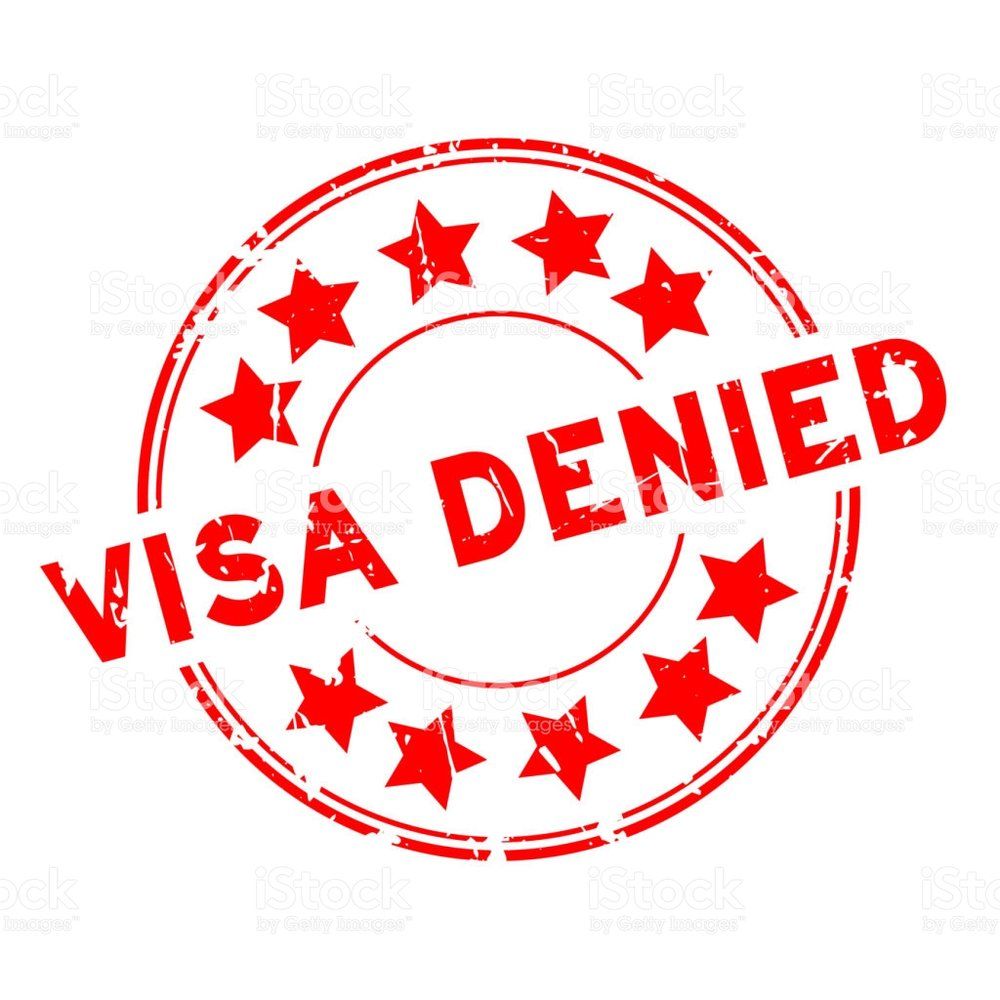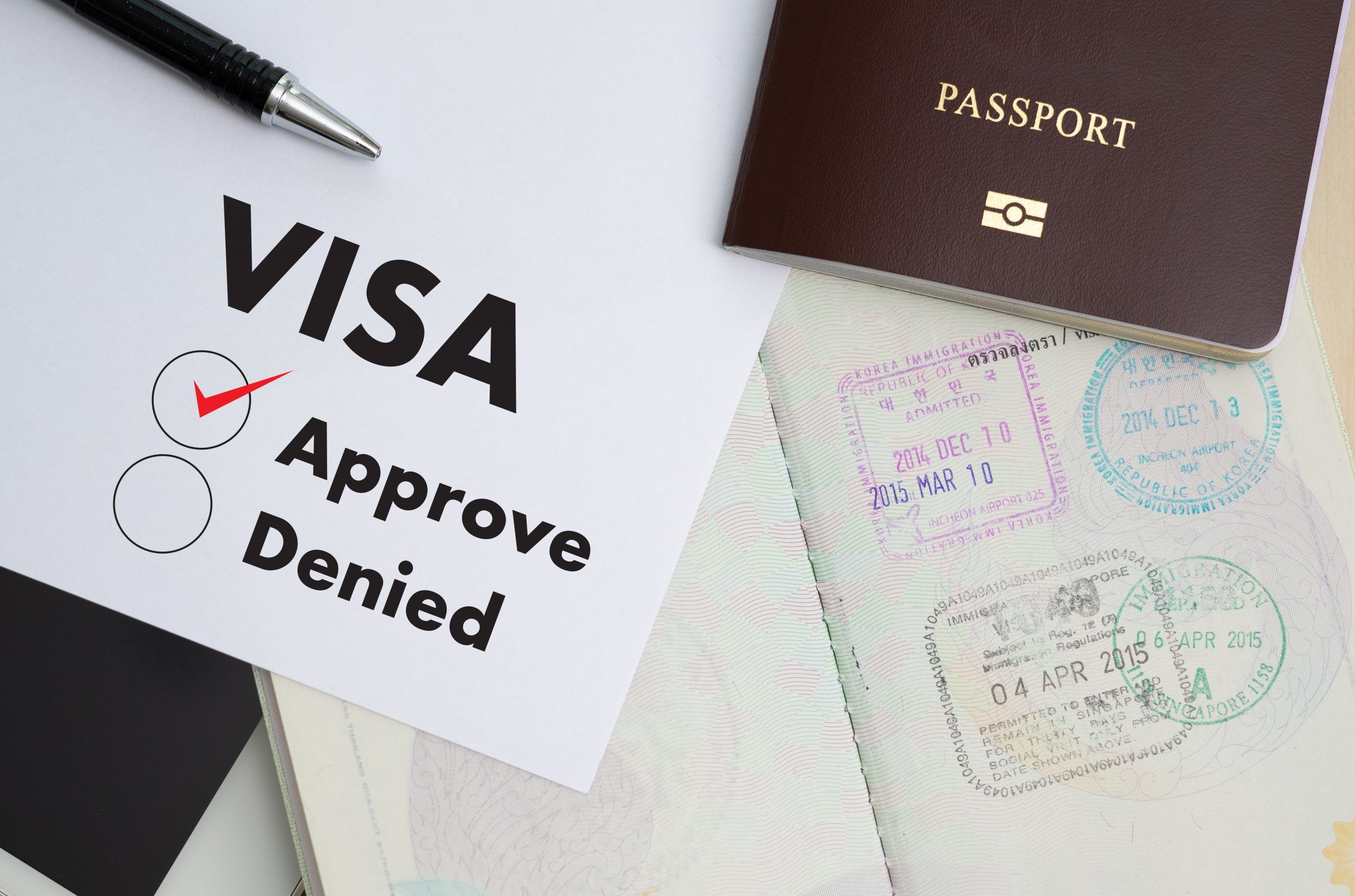Tightrope Act of Complying with Immigration and Employment Law Obligations for Employers of Migrant Workers
by Heather Collins
1 February 2024
There has been a significant focus on migrant workers in New Zealand over the past year. As we have previously highlighted, a number of changes have come into force to better protect migrant workers, and prevent and deter exploitation by employers.
These legislative changes expose businesses employing migrant workers to more severe penalties for exploitation and may also result in more scrutiny of businesses who hire migrants.
For this reason, now more than ever is an ideal time for business owners to pause and re-examine their practices, to ensure that they are meeting both their employment and immigration obligations.
In our experience one of the biggest stumbling blocks for employers is which process to follow when a migrant worker no longer holds a visa. In this article we outline some general best-practice recommendations for employers to consider when it comes to improving practices and reducing risk of non-compliance.
What are an employer’s obligations when a migrant worker’s visa expires?
Once a migrant worker’s visa expires, unless they have been granted an interim visa with conditions which allow them to work for their employer, they cannot perform any duties for their employer, and they are generally not permitted to remain in New Zealand.
Employers of migrant workers must not only adhere to their obligations under the Immigration Act 2009 but also to the requirements of Employment Relations Act 2000 and other employment related legislation relevant to employment relationships. If a migrant worker’s visa expires, employers have an obligation to ensure that the worker isn’t completing any duties, as the employer could then be sanctioned for allowing someone to work without a valid visa. There are steep penalties for hiring or allowing someone to work who is not entitled to.
Often in this scenario, the employer’s focus shifts to removing the unlawful employee from the business as quickly as possible. However, where an employment agreement is in force, the migrant worker is still an employee. This means that while the migrant worker is not allowed to perform duties, they are still afforded all the same rights and protections as any other employee, irrespective of their visa status.
The employer remains obligated to follow a ‘fair and reasonable’ process and act in good faith. In practice this means that an employer cannot simply terminate the migrant worker’s employment without due process simply because the migrant worker no longer holds a visa. Doing so will likely result in the migrant having grounds to raise a personal grievance.
What is the best practice for an employer in this situation?
Unfortunately, there is no clear, established law on a particular process to be followed. But, in general, Pitt & Moore advises against automatically terminating a migrant worker’s employment or standing a migrant worker down without pay without their agreement when they would be otherwise willing and able to work, as this could be deemed an illegal suspension.
If there is nothing specified in an existing employment agreement about how to address this issue, the best practice is to reach an agreement with the migrant worker. This could be an agreement for the migrant worker to take the remainder of their annual leave, or if there is no leave available, to take unpaid leave until they are granted a valid work visa. If the migrant worker is unwilling to take unpaid leave, the employer could consider extending special paid leave for a finite period, to ensure the migrant worker is not disadvantaged.
Set up clear expectations in an employment agreement
For employers looking to review and update their existing employment agreements, it can be helpful to have clauses that:
- Allow for unpaid or paid leave where a worker’s visa expires;
- Clarify the worker’s obligation not to cause unnecessary delays when applying for a new work visa; and
- Make it clear that employment cannot be held open and identify a point at which an employer can validly end the employment.
These clauses should be tailored specifically to you as the employer and your worker. Specific legal advice should be sought when refreshing these documents.
Who is obligated to ensure migrant workers’ visas remain current?
A visa holder (migrant worker) is required to hold a valid visa at all times in New Zealand. They may only work under the conditions specified in their visa. Immigration New Zealand (INZ) recommends visa holders apply for another visa at least one month before their current visa’s expiry date.
Employers are not allowed to ‘provide immigration advice’ to migrant workers – for example, by advising migrants which would be the best visa for them to apply for, or what documents they may need for the application. But employers do have an obligation to try and ensure a worker’s visa is processed prior to its expiry, and to support an expedient process by providing any documents or paperwork promptly. In the 2021 decision of Restaurant Brands Ltd (RBL) and Dilshaad Gill, RBL was ordered to pay Mr Gill $25,000 on top of lost wages of $19,950 for unjustifiably dismissing him on the expiry of his work visa, and their failure to advise Mr Gill that they didn’t intend on supporting his visa application.
Taking Restaurant Brands as an example and precedent, there is a risk of non-compliance if an employer fails to follow proper process, has created a delay for a migrant worker’s visa application or disadvantaged them financially. In these situations, it becomes important the employer ensures their migrant worker’s employment is preserved where possible and employment processes meet the required standard
Get professional advice
The laws surrounding employment and immigration move quickly, and are designed to protect both employees and employers. We suggest that tailored advice is sought for your business in the event that a migrant worker’s visa is about to expire or has already expired.
Pitt & Moore provide expert advice on immigration, employment and visa rules and processes so please contact us for some expert guidance.
How Pitt & Moore can help
What sets us apart is that we are experts not only in employment law, but also in each step of the immigration process. This means that we can advise on all immigration/visa-related issues as well as employment related issues.
We offer an initial, free 15-minute consultation for immigration matters.
















